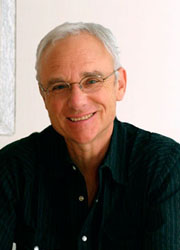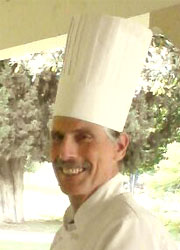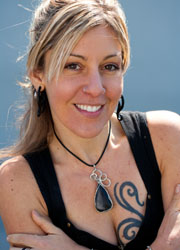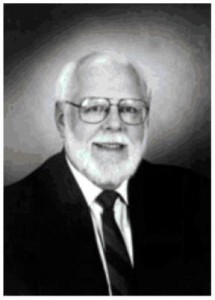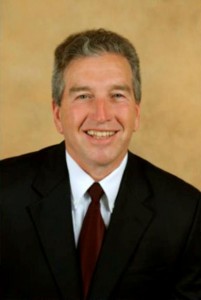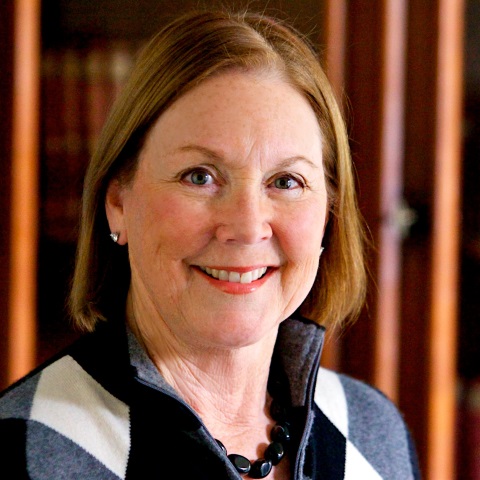Happy 2013, Silicon Valley!



Yum!…Way to party!!
So…What is the state of innovation in 2013? Well, opinions differ on that point, but we at SVII are of the opinion that it is not nearly wide-spread enough. There are pockets of innovation, and there are people who produce a lot of innovation, but those places and people are still the exception, which is exactly the opposite of how things should be. Everyone should be an innovator, every company should be a producer of innovation, and everywhere should be a thriving home of innovation of one type or another.
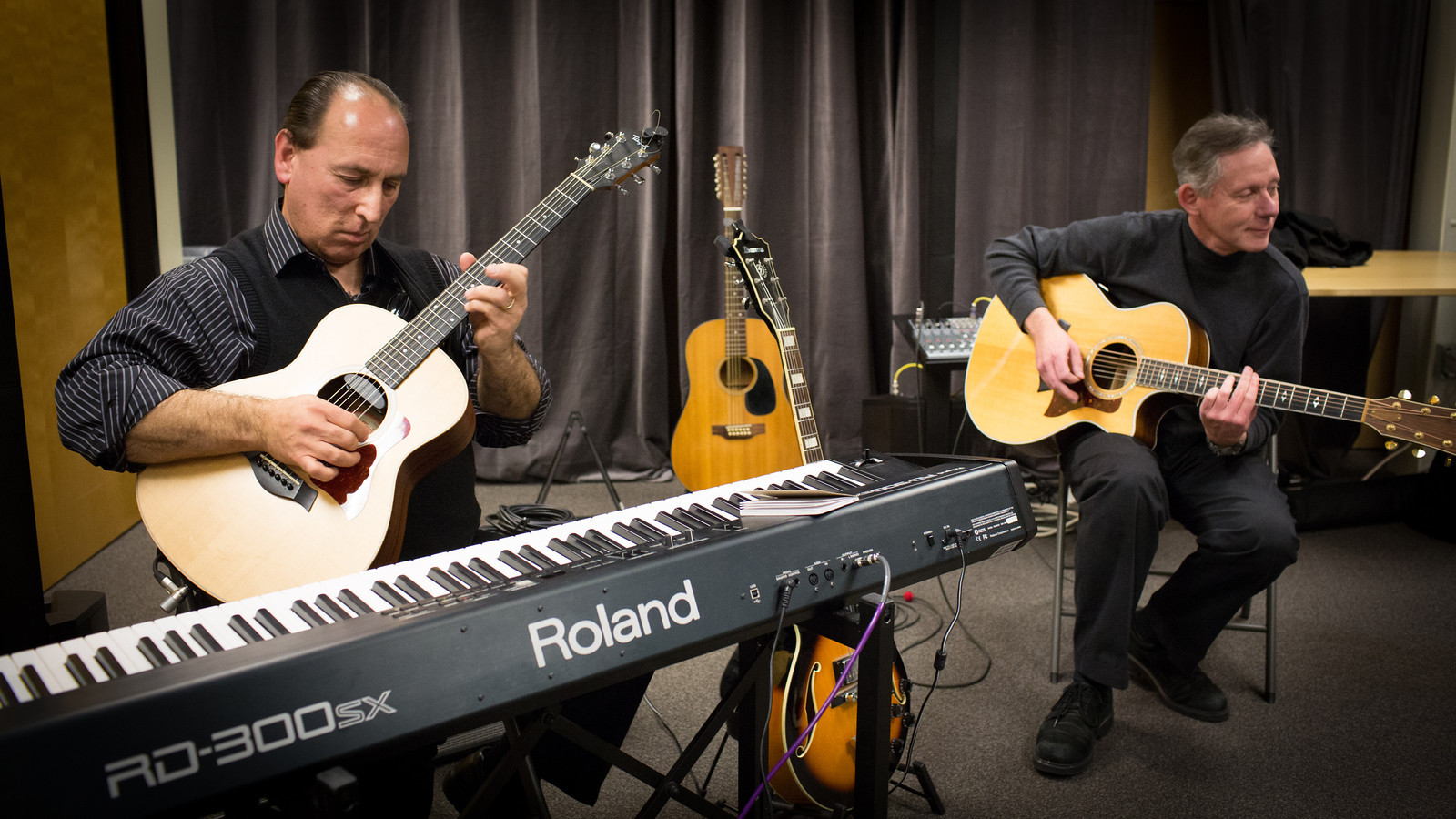
But let us not get carried away with lofty generalities. Is this even possible? And, to ask an even more basic question, how would we even know if that is the case? This leads to a whole other set of questions: How do you know if innovation is happening? Is innovation something that you can measure (precisely or not)? We certainly did not answer all of these questions at our last SVII meeting, but we took a step. Also, if you want more thoughts on these prickly, tangled questions, come to our next event, where we will be exploring the value of intangible assets (hmm, that’s a bit like measuring innovation).
So how did we take a step toward answering these lofty questions? We stepped aside. Or, to describe it more precisely, our founder, Howard Lieberman, stepped aside. Starting out the year as SVII’s first speaker (at our event in the fabulous NestGSV incubator building in Redwood City), he promptly stepped out of the spotlight and shone it on others. His goal was to replace the “sage on the stage” with a “guide on the side,” which he believes is a key to unlocking so much more of the hidden innovative potential in every single person.
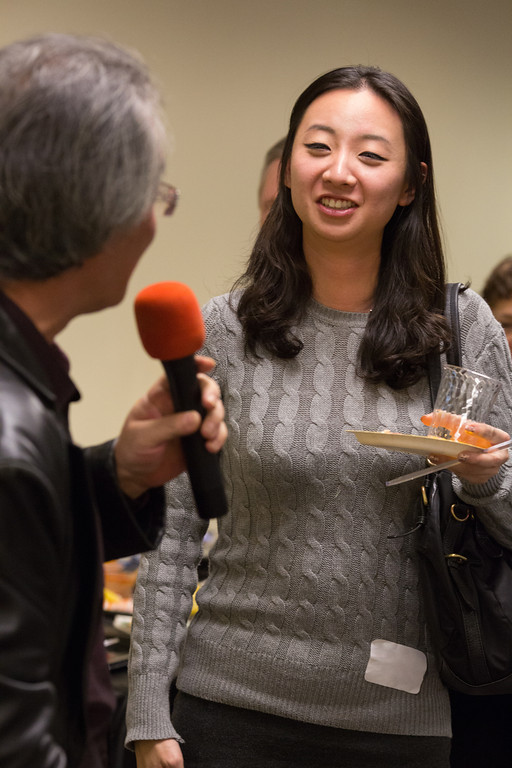
In other words, the world is full of people telling other people what to do (bosses and managers come to mind, but speakers and the various forms of advisers often do it too), instead of helping them to figure out for themselves how they can impact the world (or their company, or their community) in the best way possible. The guide on the side is like a miner, helping people to look within themselves for what they already have in them that can make the world a better place–what they know they can do, what hole they see that no one else sees.

Beginning from this place, Lieberman led the audience into a conversation about how collaboration and entrepreneurship are key to opening the doors of innovation to people who don’t think about it much. “Why do you run a company?”, he asked a few people. Because the pressure motivates me…because I hate other people being my boss…because there is no other way to do what I want to do. These conversations continued on a smaller scale after the event as people continued to mingle.

After Howard Lieberman gave the big picture introduction, we also had a very specific talk about a kind of innovation going on in the transportation space. Mike Lester, CEO of Taxi 2000 (taxi2000.com), talked to us about a product that his company is building, called Skyweb Express.
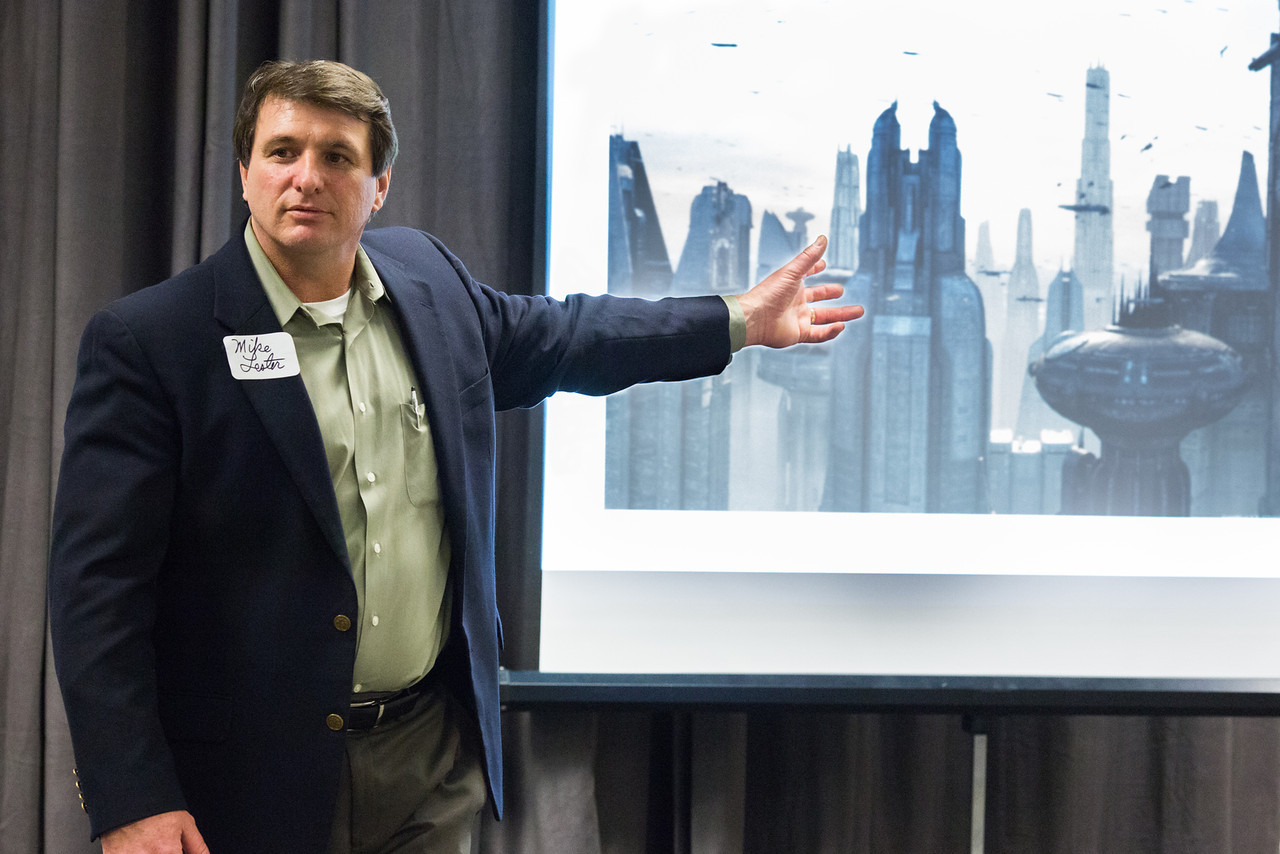
Skyweb Express is a new form of public transportation (so new that it has never been implemented outside of a test environment). The idea is that it is a network (or web) of elevated rail tracks that hold individualized rail cars that can hold one or two people. The network would ideally be in an urban environment with many small stations throughout the city. When a passenger gets in one of the rail cars, they tell the car where they want to go and it will take them to the closest station.
Among the reasons this system has a lot of innovative potential are the elevated tracks and the individualized cars. Because of the elevated track, the system will not be competing with local ground traffic, giving the system the possibility of significant time savings during peak traffic times. Because of the individualized cars, the potential is there for no wait times when you get to a station. I say potential because there is always the possibility that all of the rail cars are in use at a certain time, but according to Lester, the cost per trip of the Skyweb system is much less than conventional mass transit systems because of the smaller track required for the smaller cars and because of the lack of unused space that you get in trains and buses during non-peak hours. In the Skyweb system, if a car is not being used, it’s either going to a place of high demand or waiting until it’s needed, leading to a more efficient use of energy and money than other systems where space isn’t as granular. Think of how many times you’ve seen a bus drive by with only a few people in it; of course that has to be the case if a bus is going to keep a schedule, but in a personalized system like Skyweb, the supply is elastic, responding to demand to reduce waste.

Taxi 2000 has an uphill battle to get someone to implement their system. Since no one else has done it, the list of things that could go wrong is as long as anyone’s imagination wants to lead him. Their first system will be a major test for the rest of the world to look and and decide if it’s something that will be good for them as well. It will be a fork in the road to determine whether the company succeeds or fails. After Lester spoke to the SVII audience, they gave him a lot of feedback about who could possibly be his first customer (including local areas).

While appreciating the suggestions, Lester tried to give some perspective on the challenge in front of them by describing the typical politician attitude: “When it comes to trying new things,” he said, “everyone wants to be first to be second.” Well, it is hard to argue with that. We wish you the best of success, Taxi 2000. May you be an example of innovation to all of us. And when someone finally does decide to put one of your systems in, let us know what the key to that breakthrough is. It could be a key to unlocking many forms of innovation to come.
Don’t forget to join us next Tuesday 2/19 for a lively and semi-controversial discussion on the topic of valuating intangibles: How Much is it?… How Much is… What? (7PM at Pillsbury Law, 2550 Hanover St., Palo Alto)

(Pre-Registration Tickets ($20) – on SALE NOW!)



